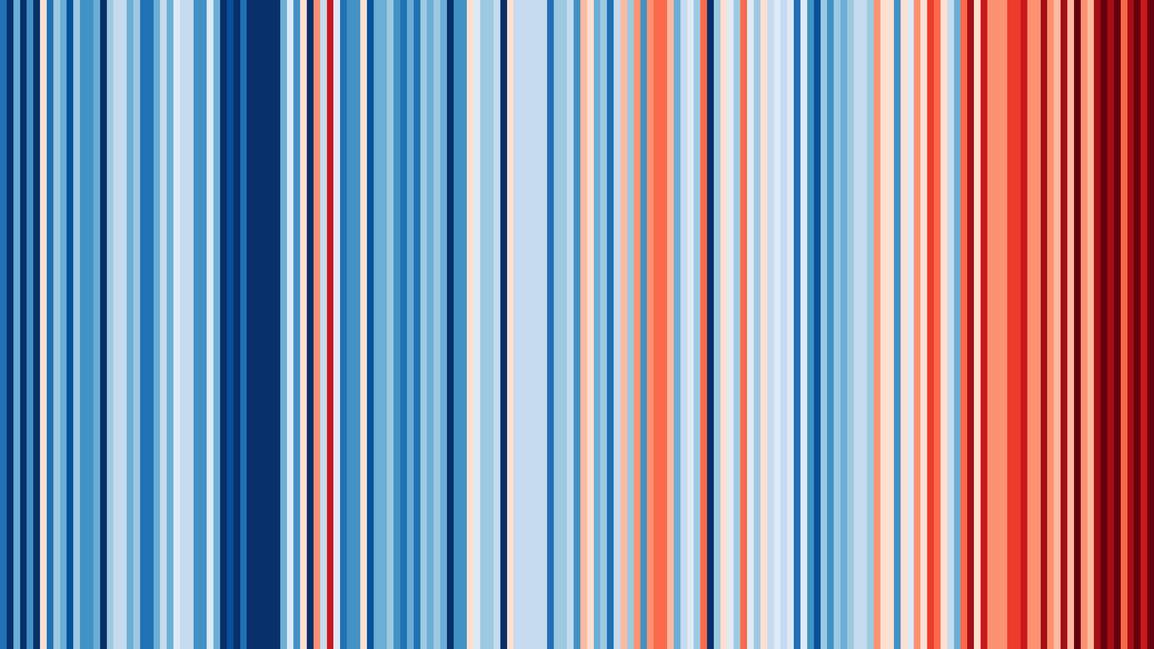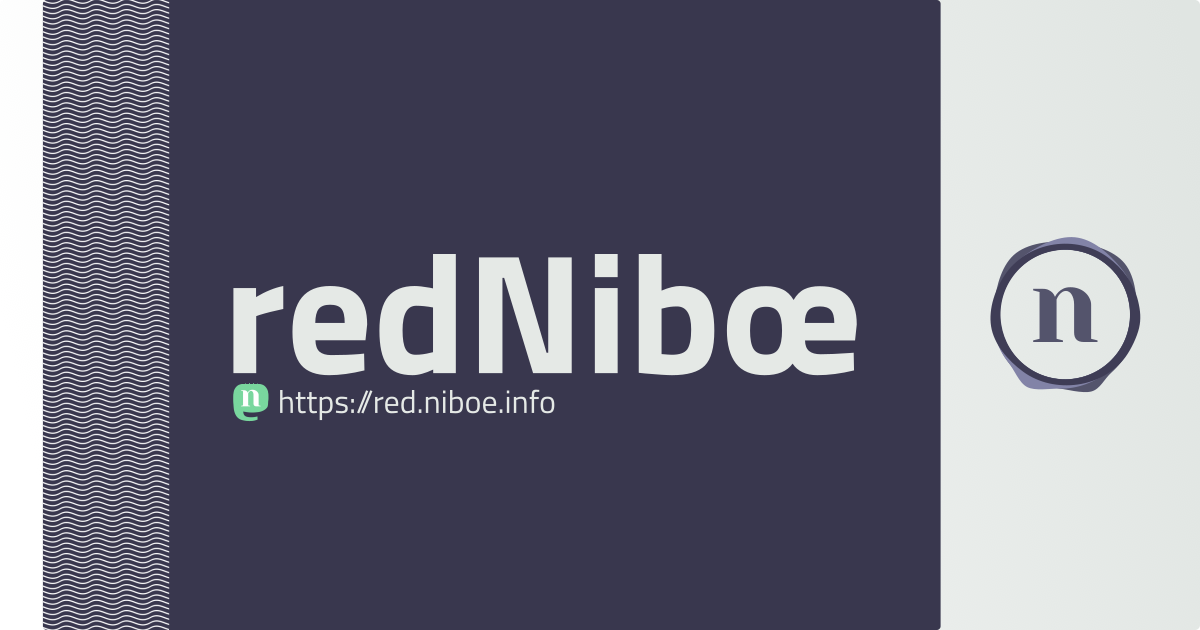
Tercera edición del concurso de micro-cine que visibiliza a las que lo hicieron primero "Pioneras en 60'' "
Cómo ser (más) anónimos en internet
Ser totalmente anónimo es casi imposible, pero puedes limitar mucho lo que internet sabe de ti si respetas algunas normas básicas.
#CuidadosDigitales #DerechosDigitalesColectivos
https://es.wired.com/articulos/como-ser-mas-anonimos-en-internet
 Para facilitar la participación de interesades en el desarrollo de Open Science para #Bonfire, he iniciado un hilo de discusión en nuestro foro de ActivityPub. Participa 💛
Para facilitar la participación de interesades en el desarrollo de Open Science para #Bonfire, he iniciado un hilo de discusión en nuestro foro de ActivityPub. Participa 💛
La información que estaba buscando cuando tenía 15 años: cómo llegar a ser astronauta.
🪐
https://www.esa.int/Science_Exploration/Human_and_Robotic_Exploration/Astronauts/How_to_become_an_astronaut
Todavía no me he quitado la cuenta de Twitter (lo que tiene trabajar de CM).
Pero cada día con menos ganas de estar por allí: ya no es solo la cantidad de anuncios (cada 3 tweets), sino el contenido.
Cada vez más hilos (supuestamente orgánicos) hablándome de las mejores series de HBO, que si IA apps...
No entiendo por qué la implementación de redes sociales federadas para instituciones españolas es cero. ¿Dónde están esas cuentas?
#EuropeanUnion & #EuropeanCommission official accounts on the Fediverse:
➡️ @EU_Commission - EU's executive body, appointed by elected governments of EU member states
➡️ @EUSPA@social.network.europa.eu (main) & @euspa@tube.network.europa.eu (videos) - Co-ordinates EU space activities, sat nav, climate sats etc
➡️ @EC_OSPO - Handles EU's relationship with FOSS, driving EU's presence on the Fediverse
➡️ @EC_NGI@social.network.europa.eu (main) & @ec_ngi@tube.network.europa.eu (videos) - EU initiative helping fund FOSS online projects such as Mastodon, PeerTube etc
1/3
Interesting read on #PaperMills and a criminal world that pays editors to accept papers, people paying for papers and even downright bribing!
Worrying trends!
👩🏽💻¿Estabas por internet y has visto que para entrar a algunas webs te pide que aceptes las cookies o pagues? Sí, la normativa ha cambiado.
En Maldita Tecnología nos cuentan cómo podemos rechazar las #cookies (gratis), o al menos otras opciones para limitarlas.
https://maldita.es/malditatecnologia/20240111/cambio-cookies-cobrar-no-aceptan/
"Protocols and not platforms are the correct technological approach to protect freedom of expression, escaping from the economic and digital infrastructure created by big tech companies". @mmasnick
https://knightcolumbia.org/content/protocols-not-platforms-a-technological-approach-to-free-speech
"One of the most important consequences of the Twitter crisis is that it has allowed its users to reexamine how they use the internet.
Many have discovered that since the commercial appropriation of the web and the proliferation of application markets, a large number of daily practices on the web are carried out within the orbit of large technological platforms managed with proprietary software".
https://jlori.medium.com/twitter-vs-mastodon-from-platforms-to-protocols-3c8dab3f2aa por @jlori
An Early Version of Mickey Mouse Enters the Public Domain on January 1, 2024
Los libreros no ponen "bestseller" en la cubierta de un libro para convencerte de que un libro es bueno, ponen "bestseller" en la cubierta de un libro para convencerte de que otras personas piensan que el libro es bueno.
Esta prueba de influencia social informativa (fenómeno psicológico donde las personas asumen que la acción de otras personas refleja un comportamiento correcto en una situación especifica) puede considerarse como una forma de ser 'ignorante pluralista' (cuando creemos en una falsa opinión mayoritaria que en realidad no existe). 
For Alexandra Elbakyan, Sci-Hub is in essence #communist. ‘We must move from the concept of “intellectual property” to the concept of “intellectual communism” when knowledge and information are free and belong to everyone.’
Granted, she describes #scihub as ‘so far the most radical, and .. most successful, take on #openaccess’. Still, is there an argument Sci-Hub is not actually about ‘genuine’ OA. Not if the latter is understood conservatively in terms set by:
1) the ‘big publishers’ and other gatekeepers (funders, government, REF): the citation advantage, metrics, competition with non-OA publications, as @jonny says;
2) the academic profession: individual recognition, reputation, visibility, esteem, symbolic capital, promotion, career progression.
Those may be the criteria Abdelghani Maddi uses to evaluate Sci-Hub:
But don't those criteria perpetuate the current publishing system far more than Sci-Hub?
What is interesting for our #EUfunded research.
🇪🇺The Horizon Europe funding programme for 2021-2027 differs from Horizon 2020 in part by adding a rights-retention requirement.
https://ec.europa.eu/info/funding-tenders/opportunities/docs/2021-2027/common/guidance/aga_en.pdf#page=162
What if the publisher refuses to accept the addendum?
🪶"Even without the attachment of an addendum, however, the license to Harvard will still have force unless it is waived for a particular article". https://osc.hul.harvard.edu/authors/amend/
Many institutions have already adopted rights retention strategies in their open access policies.
🏦USA universities are leading the list (am I missing other institutions outside US?)
https://cyber.harvard.edu/hoap/Additional_resources
How to retain rights? By institutional open access policies and addenda to the publisher copyright transfer agreements.
👉Harvard is leading the movement since 2008
https://osc.hul.harvard.edu/policies/ and provides a model and a guide for implementation in other institutions.
Depositing an accepted manuscript in a repository (green #OpenAccess) is a way to comply with funder mandates, but might not be enough to achieve full #OpenAccess. RIGHTS MUST BE RETAINED.
🔓https://erc.europa.eu/news-events/magazine/rights-retention-and-open-access
Clarifying and helpful article by Peter Suber.
Research has repeatedly shown that articles that are free online are cited more often than articles that are not free online, and this trend is increasing over time. This phenomenon is often called the open-access citation or impact advantage.
https://web.archive.org/web/20160707131501/http://sparceurope.org/oaca_table/ #openaccess
Física. #ComunicaCiencia y #OpenScience.
I write about science: https://imdeananociencia.com/outreach/press-releases-scientific-advances

